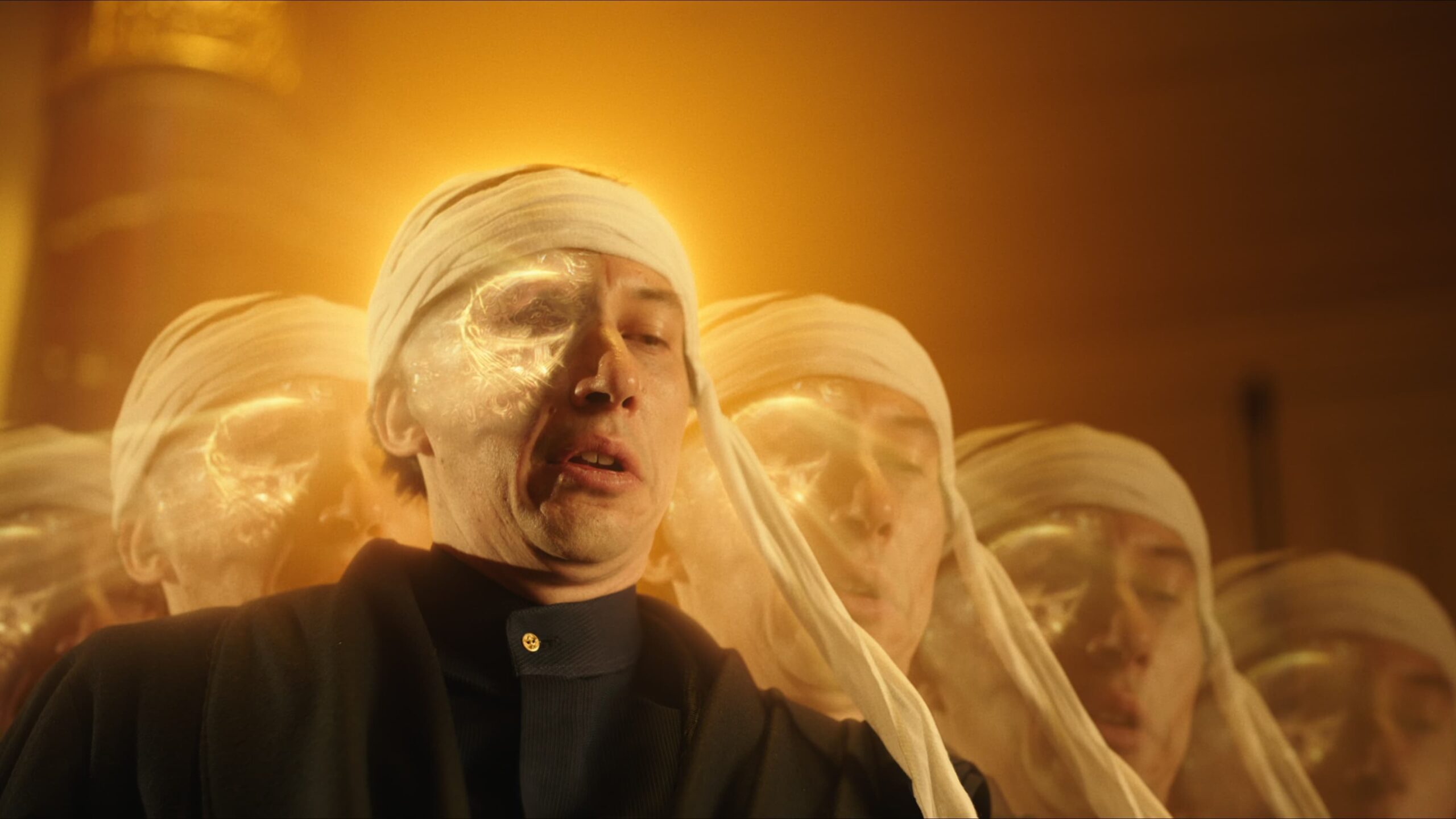In an unexpected turn of events, Francis Ford Coppola's ambitious film “Megalopolis” is facing significant distribution challenges in the United States. Despite the anticipation surrounding its release, Lionsgate has decided against offering a physical 4K or Blu-ray version for the North American market, compelling enthusiasts to explore overseas options.
“Megalopolis,” a science fiction drama directed by the legendary Francis Ford Coppola, premiered at the 77th Cannes Film Festival on May 16, 2024. The film features a star-studded ensemble cast, including Adam Driver, Giancarlo Esposito, Nathalie Emmanuel, Aubrey Plaza, Shia LaBeouf, Jon Voight, Laurence Fishburne, and Dustin Hoffman. Set in an alternate 21st-century New York City, reimagined as “New Rome,” the narrative follows visionary architect Cesar Catilina (played by Driver) as he clashes with the corrupt Mayor Franklyn Cicero (Esposito) over plans to revitalize the city into a futuristic utopia named “Megalopolis.”




Despite its ambitious storyline and high-profile cast, “Megalopolis” struggled to secure a traditional distribution deal. Coppola, who financed the $120 million project himself, faced challenges in finding a distributor willing to invest in the film's marketing and release. Lionsgate eventually acquired the U.S. distribution rights, releasing the film theatrically on September 27, 2024.
The film's journey post-theatrical release has been fraught with obstacles. Lionsgate's decision to forgo a physical 4K or Blu-ray release in North America has left many fans disappointed. This move means that collectors and enthusiasts seeking a tangible copy of “Megalopolis” must resort to importing European versions, which may not be compatible with all U.S. players due to regional coding differences.
Adding to the frustration, “Megalopolis” has been pulled from all digital Video on Demand (VOD) platforms in the U.S., with no official word on when or if it will return. This sudden removal has left audiences with limited legal avenues to view the film, pushing some towards unauthorized streaming or torrent sites.

There were discussions about a potential release of “Megalopolis” through the esteemed Criterion Collection, known for distributing classic and contemporary films with high-quality restorations and supplemental features. However, these talks did not come to fruition, leaving the film's future home media prospects uncertain.
The challenges faced by “Megalopolis” highlight the evolving landscape of film distribution, especially for projects that don't fit the conventional mold. Coppola's decision to self-finance and maintain creative control, while artistically commendable, may have contributed to the film's distribution hurdles. Studios and distributors often hesitate to invest in projects perceived as risky or lacking broad commercial appeal.
Moreover, the absence of both physical and digital availability in the U.S. market raises concerns about accessibility and preservation. Physical media remains a vital medium for collectors and cinephiles who value quality and special features, while digital platforms offer convenience and broader reach. The unavailability in both formats limits the film's audience and undermines its potential cultural impact.


Francis Ford Coppola's “Megalopolis” stands as a testament to the challenges that visionary cinema can face in today's distribution landscape. The film's unavailability in both physical and digital formats in the U.S. not only frustrates eager audiences but also raises broader questions about the accessibility of auteur-driven projects in the modern era. One can't help but wonder: Is the industry sidelining artistic ambition in favor of safer, more commercially viable content?
Do you believe that the current distribution challenges faced by films like “Megalopolis” reflect a broader industry trend prioritizing mainstream content over visionary projects?












